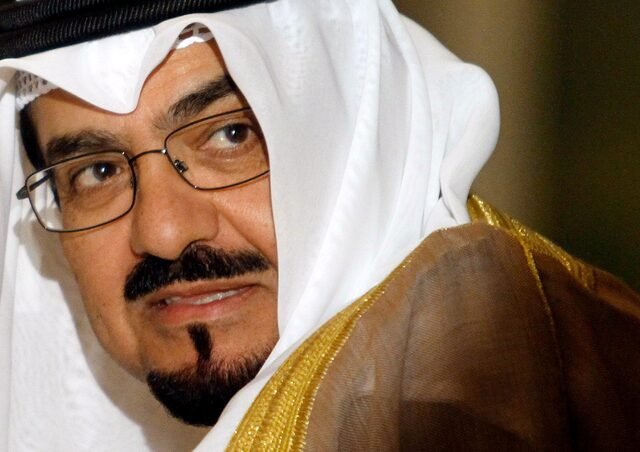
ARABIAN TIMES NEWS NETWORK
The Kuwait’s Cabinet recently chaired by His Highness the Prime Minister Sheikh Ahmad Abdullah Al-Ahmad Al-Sabah, directed the state bodies to expedite the removal of all encroachments on government properties. The move followed a Ministry of Finance report highlighting significant land encroachments in 2024. The government owns about 95% of Kuwait’s 17,820 sq km territory. While reclaiming land aims to curb illegal use, it also underscores the acute shortage of urban land amid a growing population and economy.
Only around 3.5% of Kuwait’s total land, mainly in Kuwait City and urban areas, is available for real estate development, pushing residential prices to among the highest in the Gulf. Kuwait’s residential affordability index stands at 15.8 years, far above Abu Dhabi (4.5) and Riyadh (2.8). Land costs account for 80% of a house’s value, well beyond the global norm of 30%. This shortage has left over 103,000 citizens awaiting government housing, with wait times stretching 10–15 years.
To address this, the 2023 Fourth Master Plan envisions balanced urban growth through 2040, but previous plans have struggled in execution. Between 2014 and 2021, the Public Authority for Housing Welfare (PAHW) delivered an average of just 8,300 units annually, far short of demand. Recent reforms aim to change this trajectory. Law No. 118 of 2023 allows private and foreign investment in residential development via public joint-stock companies overseen by PAHW.
In February 2025, Decree Law No. 7 expanded real estate ownership rights to listed companies, KDIPA-licensed firms, and approved investment funds, though use is limited to operations or staff housing. A proposed Mortgage Law, expected soon, would let banks offer up to KD200,000 in long-term mortgages, potentially boosting demand, easing financing constraints, and strengthening Kuwait’s financial markets. The government has also directed PAHW to fast-track new residential cities,Al-Khiran, Nawaf Al-Ahmad, and Al-Sabriyah, while pushing forward existing projects like Al-Mutlaa and South Saad Al-Abdullah.
These measures, coupled with private sector participation, could ease supply pressures, improve affordability, and stimulate the real estate market. However, success will depend on efficient land governance, timely execution of projects, and balancing development with social and environmental needs. By protecting state lands while opening the market to broader participation, Kuwait seeks not only to safeguard public property but also to lay the foundation for sustainable urban growth and improved housing access for its citizens.










